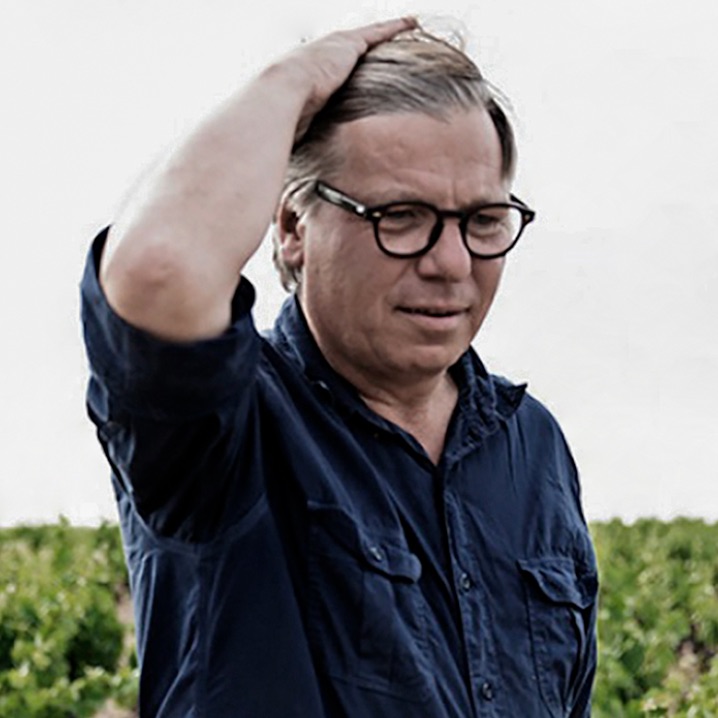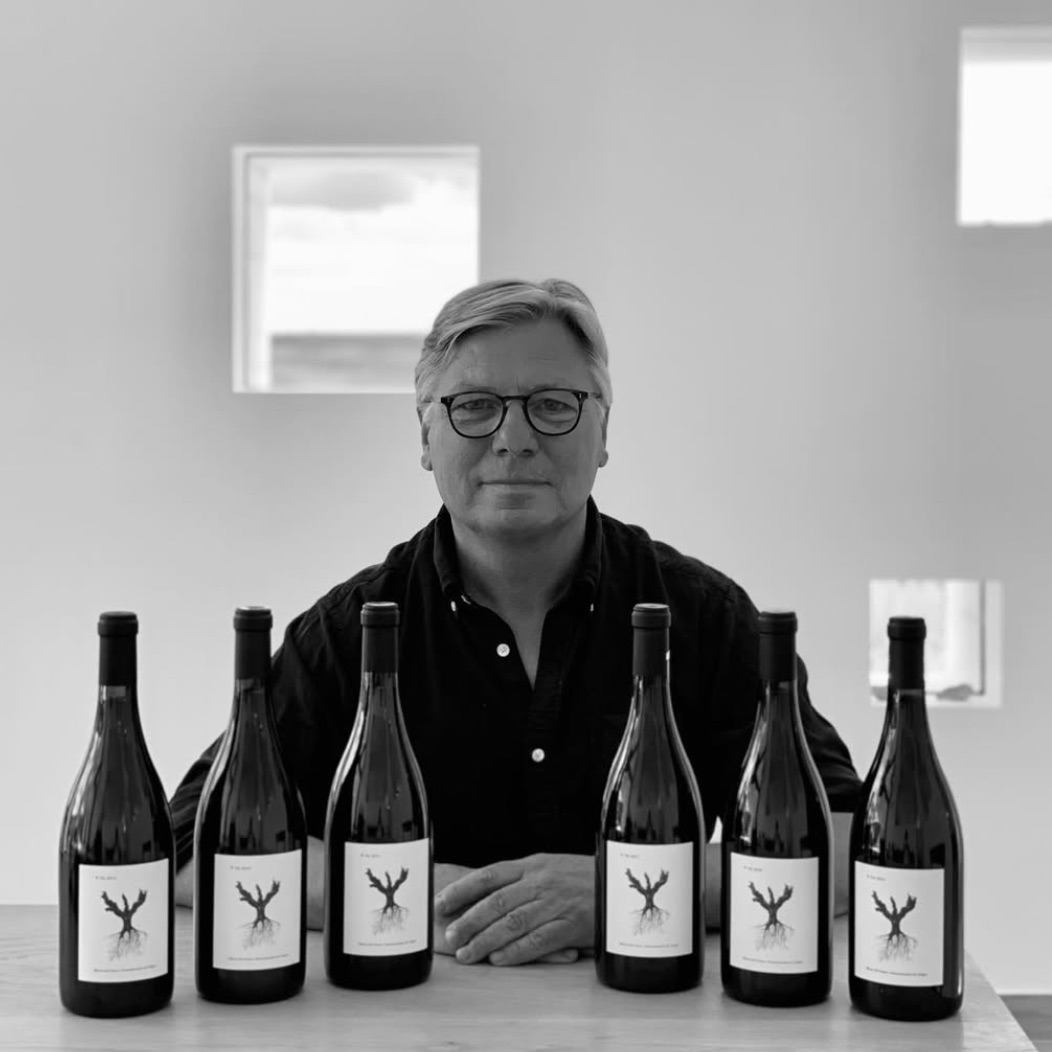.png.transform/rendition-xs/image_image%20(1).png)
Peter Sisseck
The Danish Dreamer who Turned Spain’s Ancient Vines into Liquid Legends that Whisper of Earth and Stars.
Peter Sisseck is a name that resonates deeply in the world of wine, particularly for anyone who has ever sipped on a bottle of the iconic Pingus. Born in Copenhagen, Denmark, in 1962, Sisseck’s journey into the heart of Spanish viticulture is nothing short of extraordinary. His story is a blend of passion, precision, and an unwavering commitment to quality, which has left an indelible mark on the Ribera del Duero wine region.
Sisseck’s connection to wine began early. Inspired by his uncle, Peter Vinding-Diers, a renowned winemaker in Bordeaux, Peter immersed himself in the craft, studying agricultural engineering and oenology in Denmark and France. These formative years gave him a solid foundation, but it was his move to Spain in the early 1990s that truly defined his career.
Arriving in Ribera del Duero in 1993, Sisseck initially worked on a project to modernize the region’s winemaking practices. But as he explored the rugged Spanish countryside, he fell in love with the ancient, low-yielding Tempranillo vineyards. These vines, some over 70 years old, were scattered across small plots, tended by local farmers. To Sisseck, they represented untapped potential, a treasure trove of heritage and character waiting to be unlocked.
In 1995, driven by his vision to create something truly exceptional, Sisseck founded Dominio de Pingus. The name “Pingus” is a playful nod to his own childhood nickname. From the outset, his philosophy was clear: focus on minimal intervention, biodynamic farming, and an uncompromising pursuit of excellence. The inaugural vintage of Pingus was a revelation, capturing the wine world’s attention with its opulence, depth, and unmistakable sense of place.

“All great viticulturists are people who hold even greater respect for the vineyard than for the winery” - Peter Sisseck to La Vanguardia
What truly catapulted Pingus into the global spotlight was a stroke of serendipity. Robert Parker, the influential wine critic, tasted the 1995 Pingus and declared it one of the greatest young red wines he had ever tried. Suddenly, the tiny production of just a few hundred cases became one of the most sought-after wines in the world. An almost novel-like episode contributed to the myth: part of the first Pingus vintage, from 1995, was lost in a shipwreck. This tragedy only heightened the wine’s legend. Despite its stratospheric rise, Sisseck remained grounded, ensuring that Pingus stayed true to its roots—literally and figuratively.
While Pingus is undoubtedly the crown jewel of Sisseck’s portfolio, it’s not his only contribution to Spanish wine. Recognizing the need for accessibility without compromising quality, he launched Flor de Pingus, a “little brother” to Pingus that offers a taste of the estate’s magic at a fraction of the price. Additionally, PSI, a collaborative project with local growers, showcases Sisseck’s dedication to preserving Ribera’s viticultural heritage.
Sisseck’s influence extends beyond the glass. His embrace of biodynamic principles has inspired a wave of Spanish winemakers to rethink their approach to agriculture. By demonstrating that great wine starts in the vineyard, he has helped elevate Ribera del Duero’s reputation on the global stage.

“Solera is the gift of Spain to the world” - Peter Sisseck to Spanish Wine Lover
A new adventure in Jerez
In recent years, Sisseck has expanded his horizons, turning his attention to other regions within Spain, such as Jerez. There, together with the Del Río family, he has launched a project with the acquisition of the historic winery Francisco Javier. His first wine, Viña Corrales, originates from Balbaina Alta, a historic 8-hectare vineyard, and is aged in a solera system composed of five scales and 74 barrels selected from the old Camboiro in the historic Francisco Javier winery.
Peter Sisseck embodies the best of two worlds. His Scandinavian precision and discipline blend seamlessly with the warmth and authenticity of Spanish winemaking traditions. For wine lovers, a bottle of Pingus is more than just a drink; it’s an experience, a story of a Danish dreamer who found his home among the vineyards of Spain.
